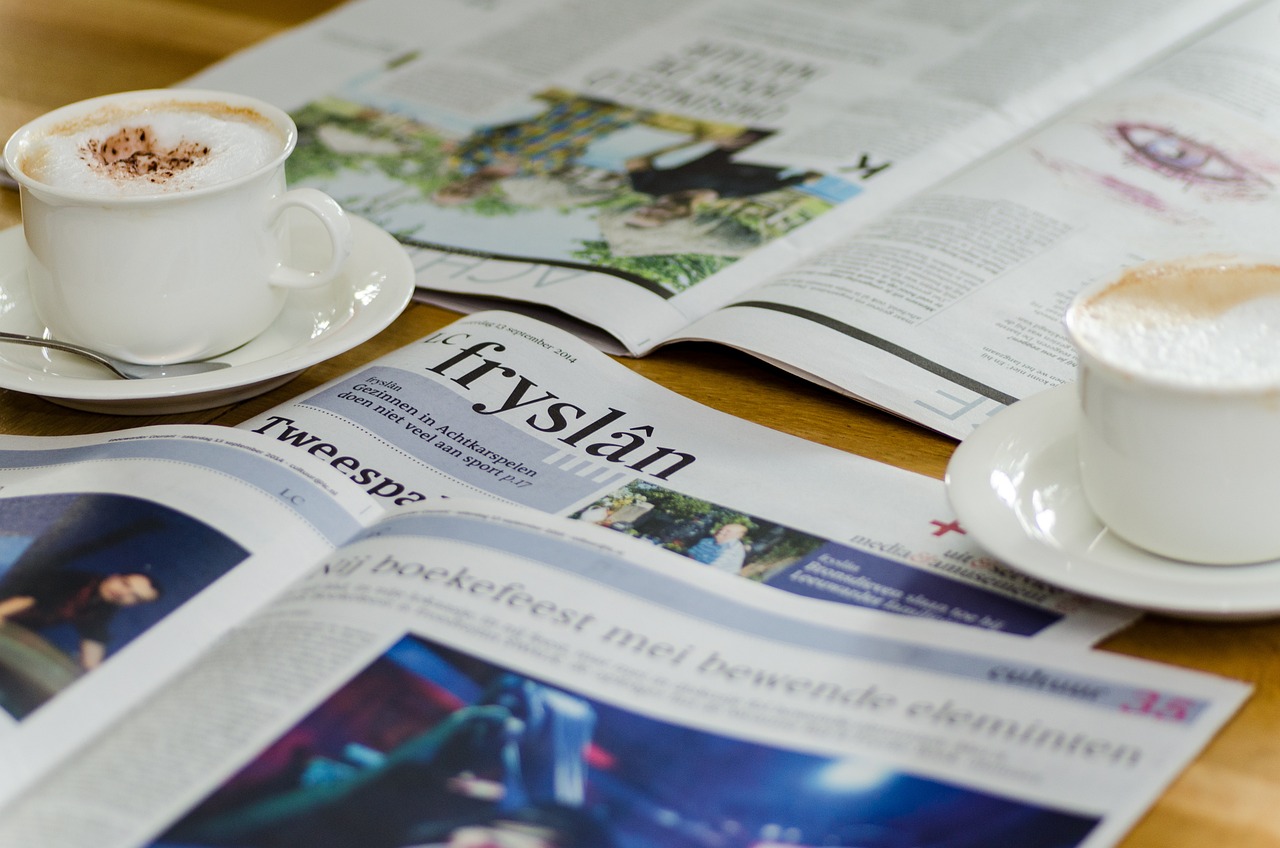
In the 21st century, news reaches us through various channels: traditional and digital media alike. Social networks have changed how we consume news, allowing news to spread almost instantly. At the press of a button on a phone, global updates become instantly available. However, there are drawbacks to this immediacy, especially in distinguishing verified news from misinformation.
Over the past few years, the news has been dominated by international challenges such as global warming, political challenges, technological evolution, and health scares like the pandemic. These issues highlight the interconnectedness of our world, proving that local events can have global impacts. A government’s actions can ripple through international finance, while ecological crises emphasize the need for shared responsibility.
The press plays a crucial part in bringing us the news. Hard-hitting journalism reveals concealed facts, keeping influential figures in check. Yet, the field struggles with fake news and credibility issues.
Algorithm-driven personalization of news is another significant trend. Platforms personalize news feeds to fit individual tastes, helping users find news they care about. Though engagement levels rise with this trend, it also risks creating echo chambers, trapping users in bubbles of similar opinions.
Ultimately, the importance of news endures in our world, reflecting its triumphs, struggles, and aspirations. News provides information, education, and empowerment, promoting global understanding. For those who consume news, it’s crucial to remain thoughtful and informed, checking facts and exploring different viewpoints. With information being a form of power today, staying informed is not just a choice but a necessity.
Learn more about - Digital Economy